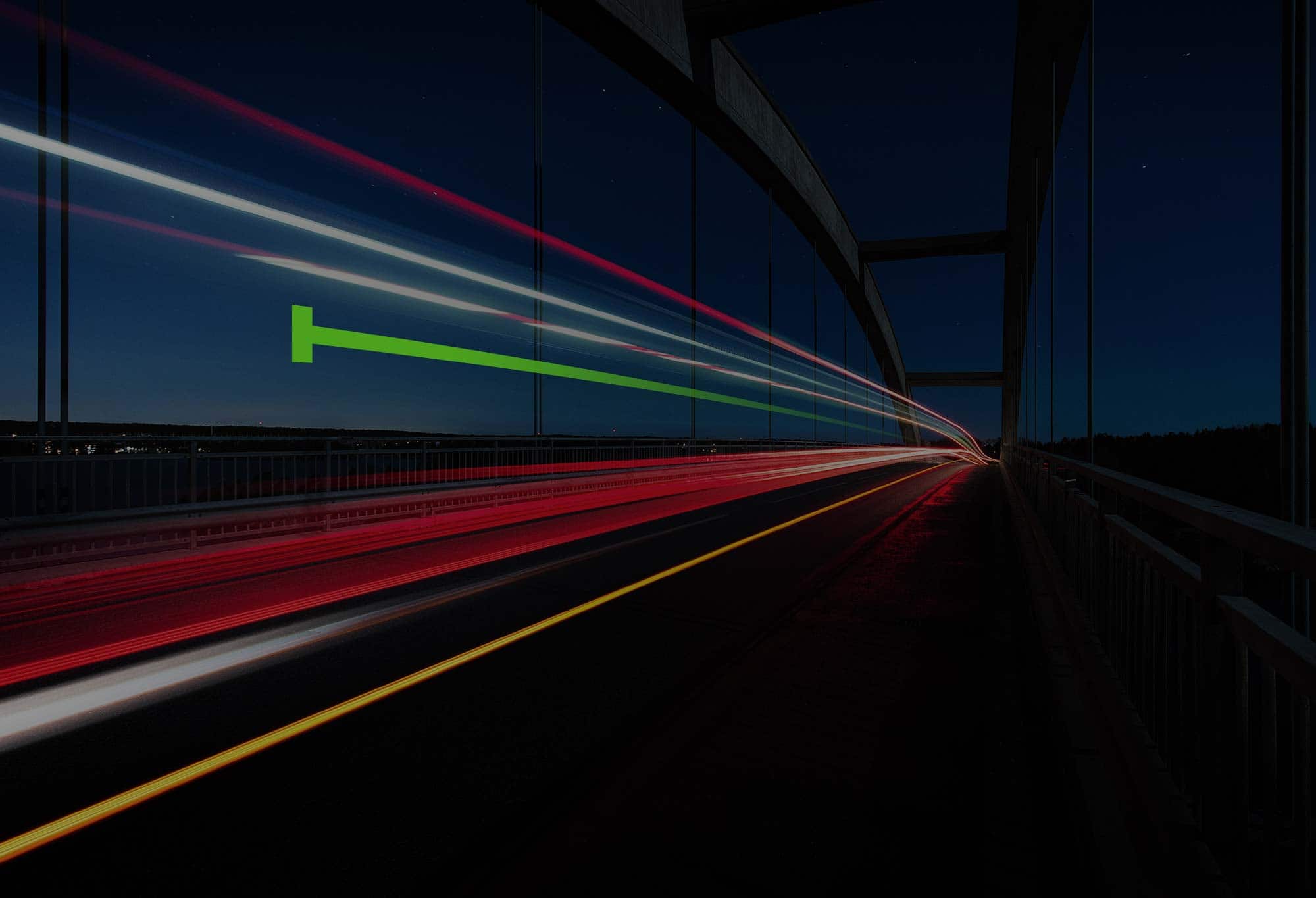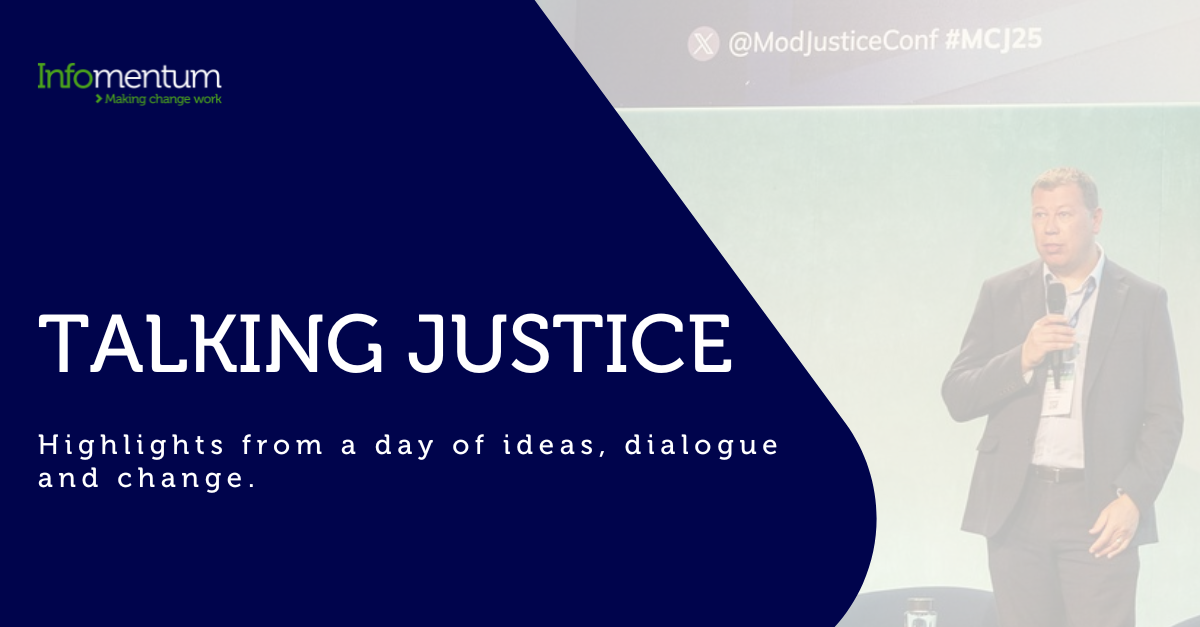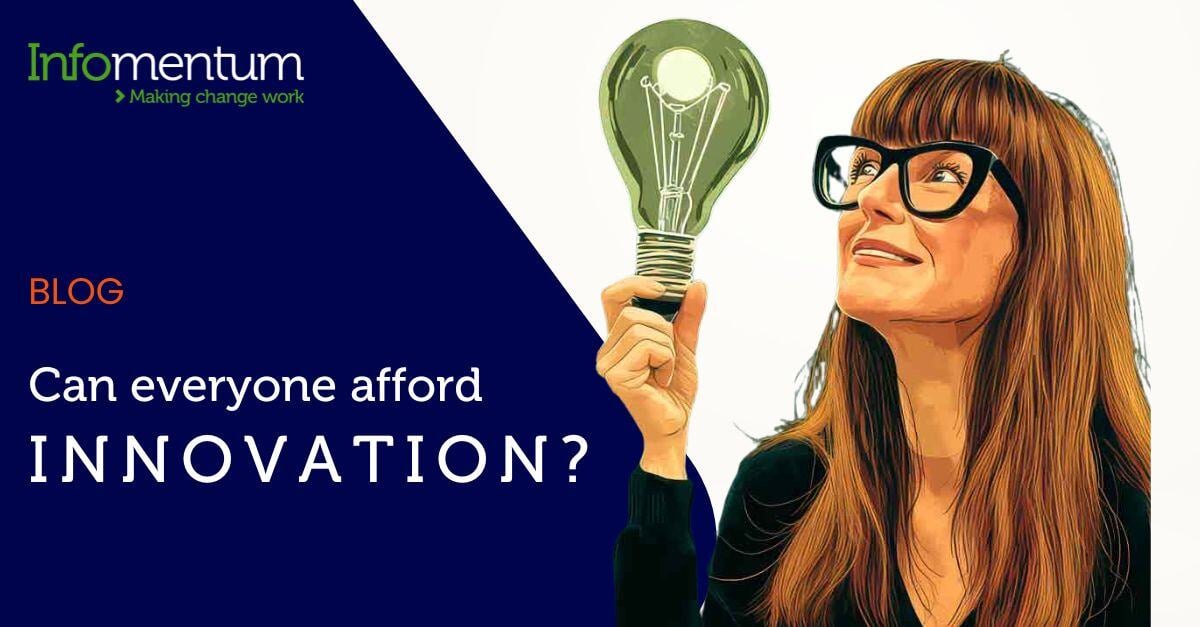With digital at the forefront of businesses minds, ‘digital disruption’ are the buzzwords on senior business leader’s lips. But what is it, and what does it mean for your business?
What is digital disruption?
Digital technologies are disrupting the established ways that we do business at a rapid pace. Whether it’s consumers expecting a seamless experience through your business, from websites to brick-and-mortar stores, or using social media as a platform to raise customer service queries and complaints.
It’s about more than just social media and mobile phones; it’s about changing consumer demands, technology advances and the fight to be competitive. It’s about the traditional and fundamental ways a business behaves being transformed.
Instead of treating it as a separate discipline, digital needs to be integrated into the very way we work.
It’s not just your customers
As our Generation C research illustrated, it’s not just customers who are driving digital disruption; it’s your employees too.
The work/life balance has been disrupted by digital technologies, and employees are bringing that disruption to the office too.
Used to having the latest gadgets and information at their fingertips, digital-savvy Generation C are frustrated at work when they can’t find documents, can’t access information on the go, and can’t effectively collaborate and share knowledge.
With their rapid uptake of technology, using it in ways it wasn’t originally intended and the trend for using personal devices in the office, digital is disrupting your business whether you like it or not.
Can you execute your digital strategy?
In recent research, Forrester found that although 73% of executives believe that their company has a digital strategy in place, only 19% believe they have the right technology to execute it, only 15% believing they have the skills and capabilities. This makes for worrying reading for the future of existing business. With agile, fast-moving start-ups flooding the market, how can traditional, big business keep up?
The answer…? Digital transformation.
In order to cope with digital disruption, businesses need to go through a rapid period of digital transformation, or risk being left behind.
We only have to look at companies such as Blockbuster to see the devastating effects of ignoring digital disruption. They didn’t respond quickly enough to the changing ways that their customers were consuming film and in steps Netflix, the online streaming service allowing users to view as many films and TV shows as they like for a fixed monthly fee, without ever having to leave their sofa. Blockbuster was left out in the cold and went under as a result.
In my upcoming series of blogs, I’ll be looking at digital transformation in greater depth. In the meantime, visit our Customer Engagement Framework page for more information on how we help businesses create and implement a digital strategy.







